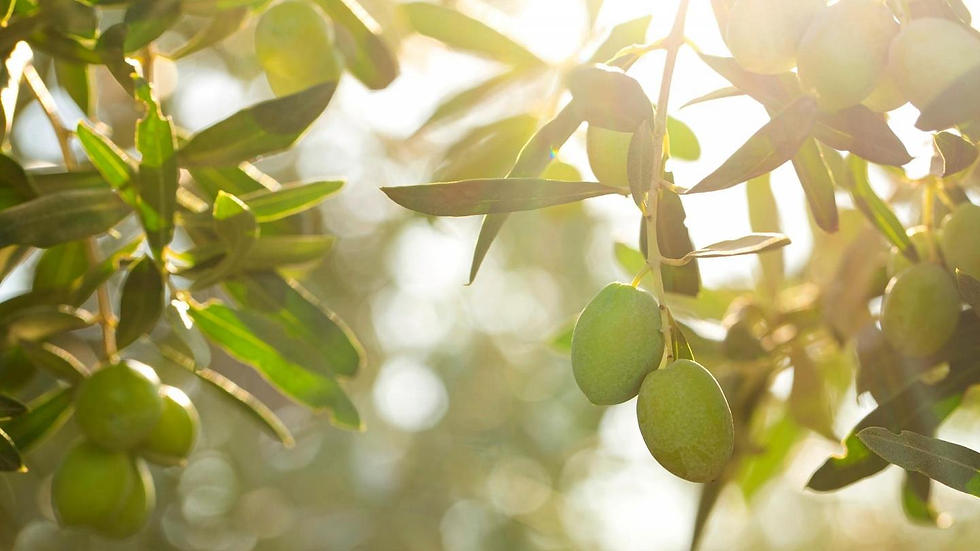Greece’s ‘green gold’ at risk, as heatwave fries olive oil industry
- EMPHASIS TEAM
- Jan 14, 2022
- 2 min read

By Ben Anthony Horton with Reuters Connect •
Standing in his olive grove in Kalamata, Greek farmer Michalis Antonopoulos points to a series of branches bearing rotten fruit.
These are the remnants of last winter - a season too warm and dry to produce Greece's famous olive stock. The following summer saw the worst heatwave in decades, drying up the fruit and setting off wildfires that burned hundreds of thousands of trees.
"This year has shown us that the tree cannot cope under difficult weather conditions,” says Antonopoulos.
“Even though we are in the Mediterranean region and we have warm summers, these extreme weather conditions are very difficult for the olive, with the result that we are seeing empty trees without fruit. This is a classic example of the environmental change we're going through."
Antonopoulos heads up the local olive growers' cooperative, which estimates a 50 per cent drop in regional output.
"We're witnessing problems that we did not see 20 years ago."
Green gold
With 2021 seeing Europe’s hottest summer on record, scientists fear that rising temperatures could hamper olive oil production for good.
"The long term result will be that some regions, especially in southern Greece, like Crete, will not be able to cultivate olives, or they will have very reduced yields," says Stavros Vemmos, an olive expert and professor of pomology.
Famous for its ‘extra virgin’ variety, Greece is the world's third biggest producer of olive oil.
The country produced 275,000 tonnes of the stuff between 2020 and 2021. More than half of that went abroad, making it the European Union's fourth biggest exporter.
Bottles of Kalamata olive oil are found in restaurants as far away as Japan, but farmers worry that if yields continue to decline, they will not be able to meet demand for what they call ‘green gold’.
"I believe that in the next few years, with all these things that are happening, we will have a problem meeting the needs of the market, especially the external market,” says Antonopoulos.
“Kalamata has made a name for itself with olives and olive oil from the region, and there is increased demand, but I don't believe we will be able to meet the needs in the future.”




Comments